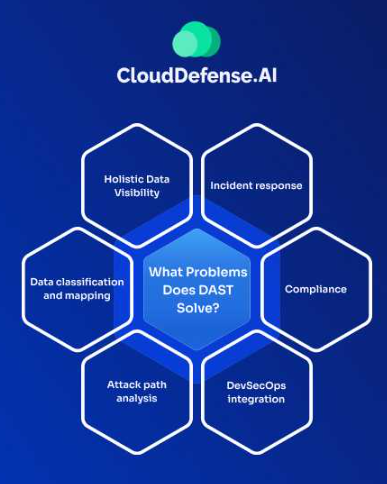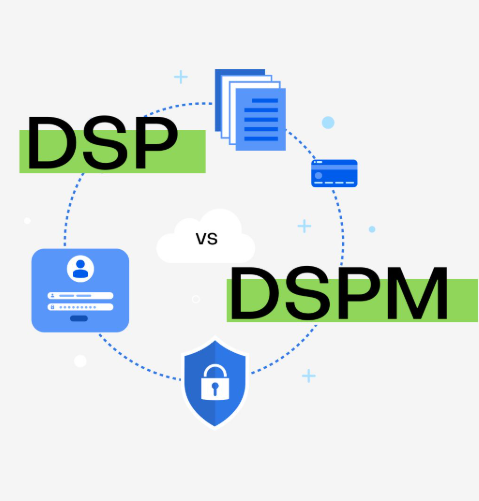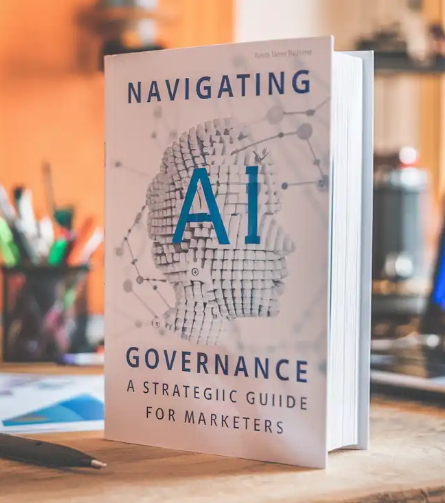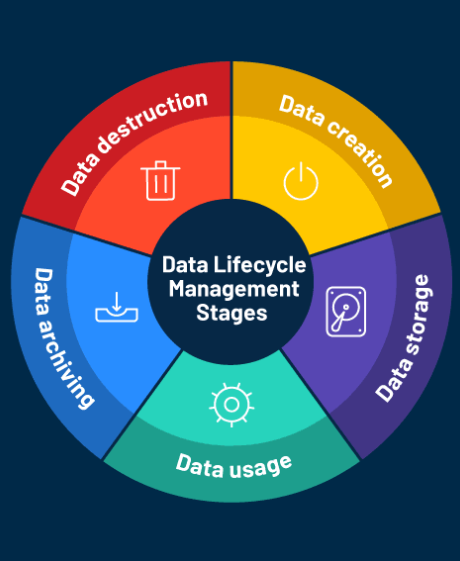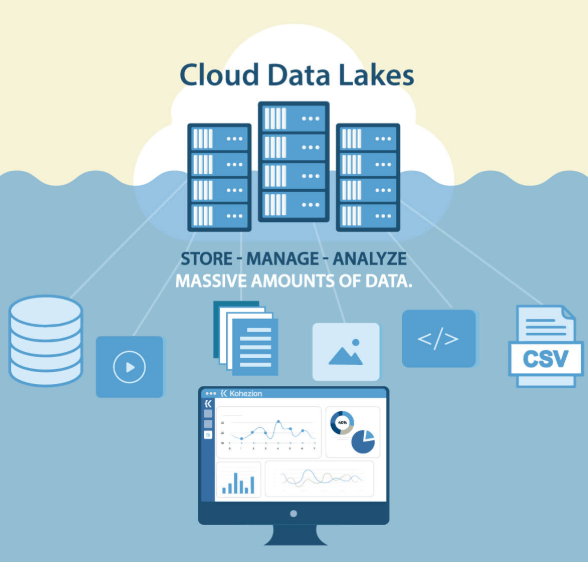
Generative AI is transforming how businesses handle data, make decisions, and automate processes. However, to fully unlock its potential, businesses must focus on three crucial factors: quality, governance, and cost. When these elements are balanced effectively, AI can drive innovation, boost productivity, and increase profitability. On the other hand, neglecting any of these areas can lead to inefficiencies, regulatory issues, and wasted resources. In this blog, we’ll dive into why these factors are pivotal for AI success and how intelligent data management can help your business maximize the benefits of generative AI.
Quality: The Cornerstone of Effective AI
Data quality is fundamental for any AI project’s success. Generative AI models depend on vast amounts of data to generate insights or create new content. However, the data must be of high quality—poor, incomplete, or irrelevant data will lead to unreliable results and undermine AI’s value.
For AI to produce meaningful outcomes, the data needs to be accurate, consistent, and relevant. If the AI system is fed with flawed data, the resulting decisions or content will be inaccurate, leading to missed opportunities and poor decision-making.
Here are some ways to ensure your AI is working with high-quality data:
- Ensure data accuracy: Clean and accurate data is crucial for building high-performing AI models.
- Validate data sources: Make sure your data is sourced from reliable, current, and relevant platforms to avoid errors or biases.
- Pre-process data: Cleaning, normalizing, and classifying data to remove noise improves AI model accuracy.
By focusing on quality data, businesses can unlock more effective decision-making and improved productivity through AI.
Governance: Addressing Ethical and Regulatory Risks
Data governance is key to managing and securing AI systems. As businesses become increasingly reliant on data-driven models, governance practices must evolve, especially when it comes to protecting sensitive data and adhering to privacy regulations.
Feeding AI systems with unprotected or sensitive data can expose businesses to regulatory risks. Laws like the GDPR in Europe or the CCPA in California regulate how personal data must be handled, and non-compliance can lead to fines, reputational damage, or legal action.
Moreover, AI models can unintentionally produce biased or discriminatory outcomes if they are not properly managed, which raises serious ethical concerns. It is crucial to understand the data used in AI models to mitigate these risks.
Governance strategies for managing AI include:
- Data auditing and monitoring: Regularly audit AI data usage to ensure compliance with privacy laws and ethical standards.
- Data classification: Categorize data based on its sensitivity and risk level to minimize exposure to potential breaches.
- Ethical AI frameworks: Develop AI models with transparency, fairness, and accountability in mind.
With a strong governance framework, businesses can reduce risks while ensuring ethical and legal AI use.
Cost: Managing the Financial Implications of AI
AI can be an expensive investment. The costs associated with implementing generative AI solutions—including data storage, computational power, and model training—can add up quickly. Effectively managing these costs is essential for ensuring that AI delivers value rather than becoming a financial drain.
One major cost driver is data management. If your AI models are trained with unnecessary or irrelevant data—often called ROT data (redundant, obsolete, trivial)—you’re wasting resources. Larger datasets increase infrastructure costs, and maintaining, cleaning, and storing vast quantities of data can be both time-consuming and expensive.
To manage AI costs effectively, businesses should focus on intelligent data management, such as:
- Eliminating ROT data: Regularly clean data to remove outdated or unnecessary information that doesn’t contribute to AI processes.
- Classifying data by AI workflow: Organize data according to the specific tasks it supports, ensuring AI models only use the most relevant data.
- Automating data processes: Use automation tools to manage data movement and audits, reducing manual labor and minimizing errors.
By reducing wasted data and streamlining data management, businesses can cut costs while enhancing the efficiency of AI-driven systems.
The Role of Intelligent Data Management
The success of any AI initiative is largely determined by how well data is managed. Intelligent data management ensures that AI systems are working with clean, well-governed data, optimized for effective use. Without proper data management, businesses risk making decisions based on flawed or incomplete data, which can derail AI projects and result in financial losses.
Intelligent data management practices include auditing, classifying, and optimizing data to meet governance standards. This approach ensures that AI systems receive only the data they need, minimizing waste and improving efficiency. As a result, businesses can enjoy faster outcomes, higher-quality results, and more cost-effective AI implementation.
Finding the Right Balance
Generative AI can revolutionize businesses, but to truly harness its potential, organizations must prioritize quality, governance, and cost. By feeding AI systems with accurate, relevant data, adhering to strong governance policies, and managing costs effectively, companies can maximize the benefits of AI while minimizing risks and expenses.
The key is intelligent data management—knowing your data, understanding its implications, and ensuring it’s optimized for AI use. When these factors are in place, businesses can confidently leverage generative AI to drive innovation, enhance productivity, and achieve greater success.
Integrating these strategies into your AI plan ensures that your business is well-positioned to unlock the full potential of generative AI, making it a powerful tool for long-term growth and success.







